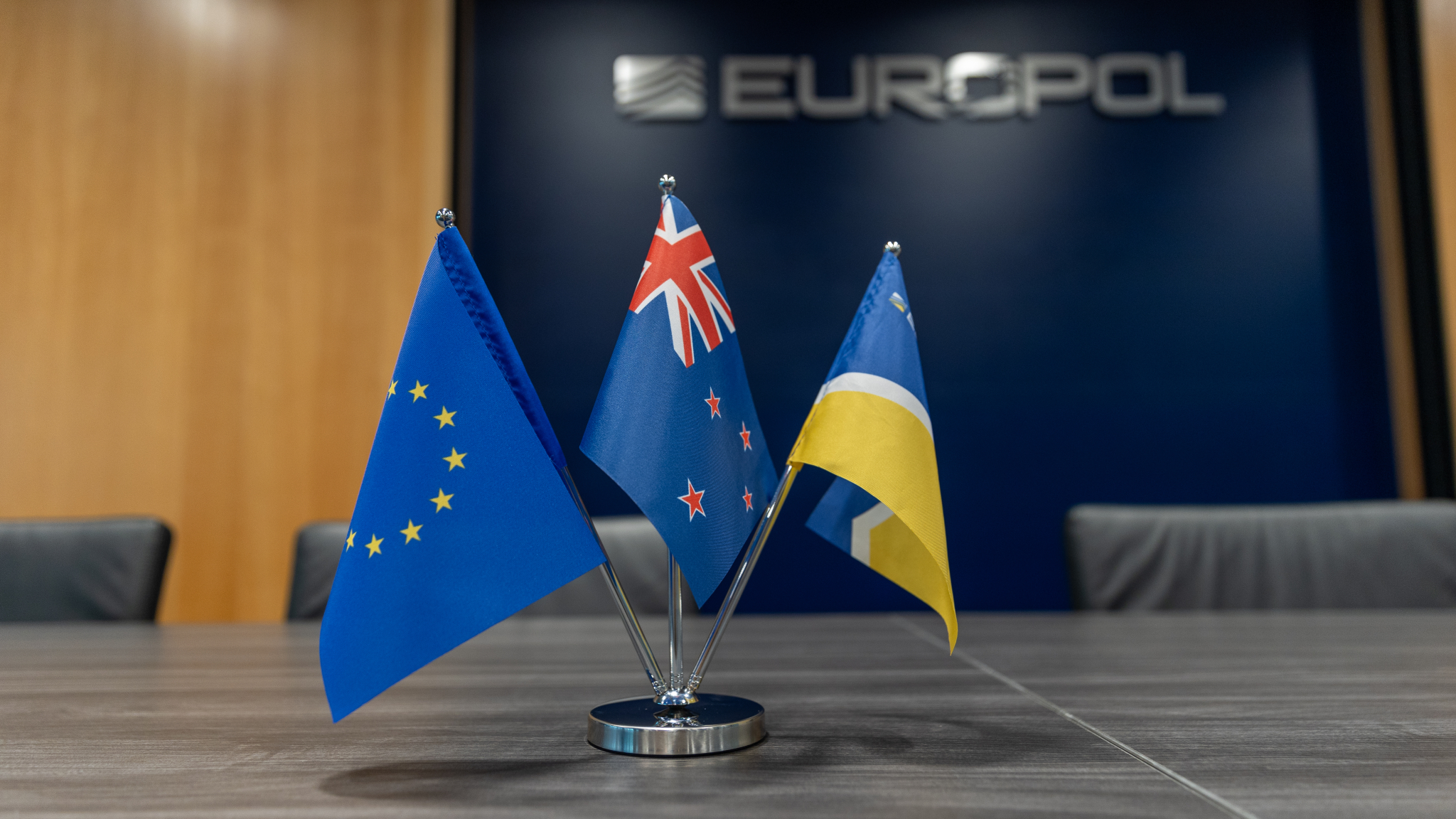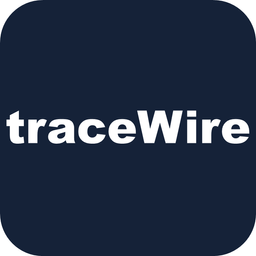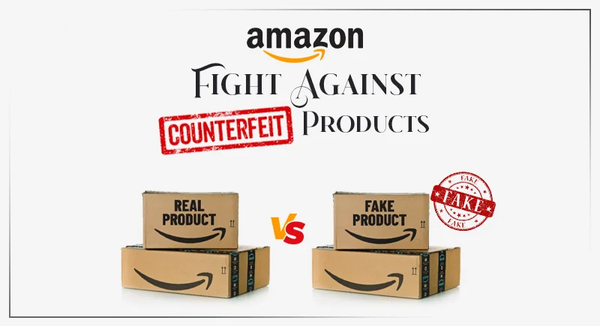Global Trade Security: How EU-New Zealand Collaboration Drives the Need for Advanced Traceability Solutions
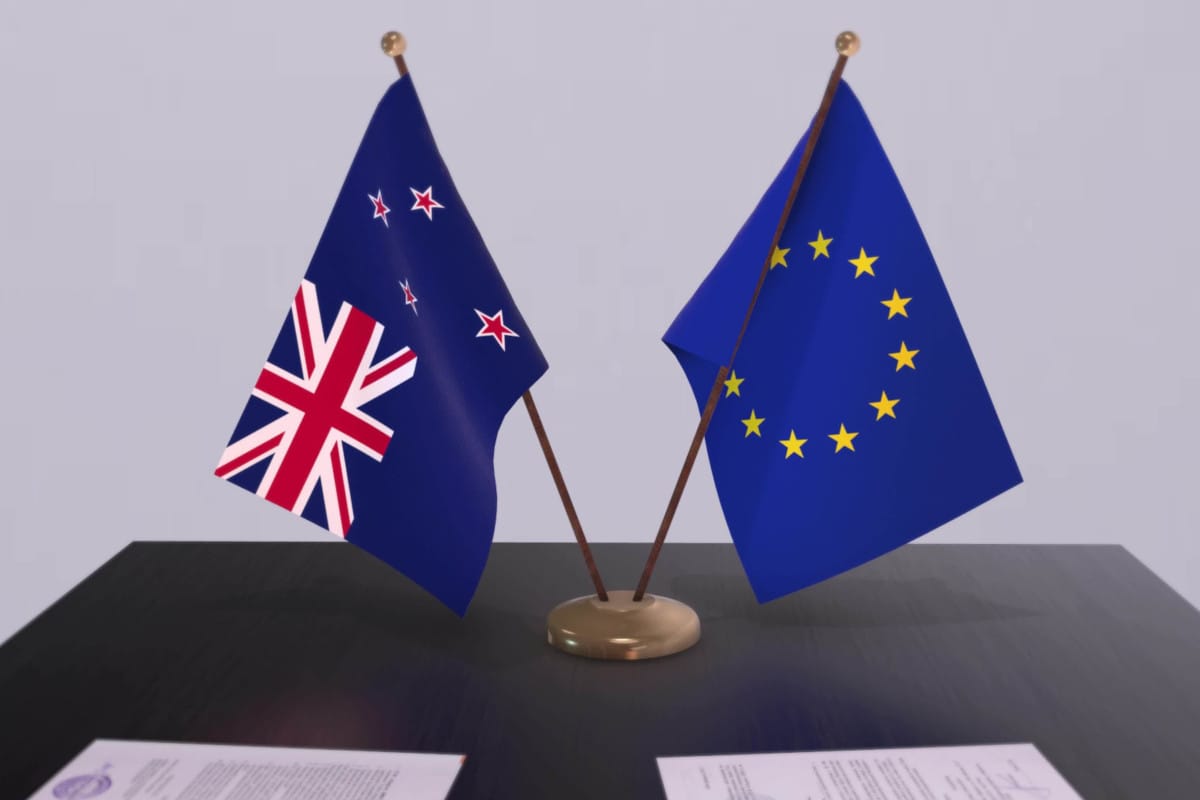
In an increasingly interconnected world, the collaboration between the European Union (EU) and New Zealand to combat serious crime and terrorism represents a significant leap forward in global security efforts. Announced by Europol, this partnership not only addresses immediate concerns related to crime and terrorism but also has profound implications for international trade. A crucial byproduct of this alliance is the anticipated increase in trade data sharing between the EU and New Zealand, which brings to the forefront the need for harmonized traceability systems to ensure transparency and security in global supply chains.
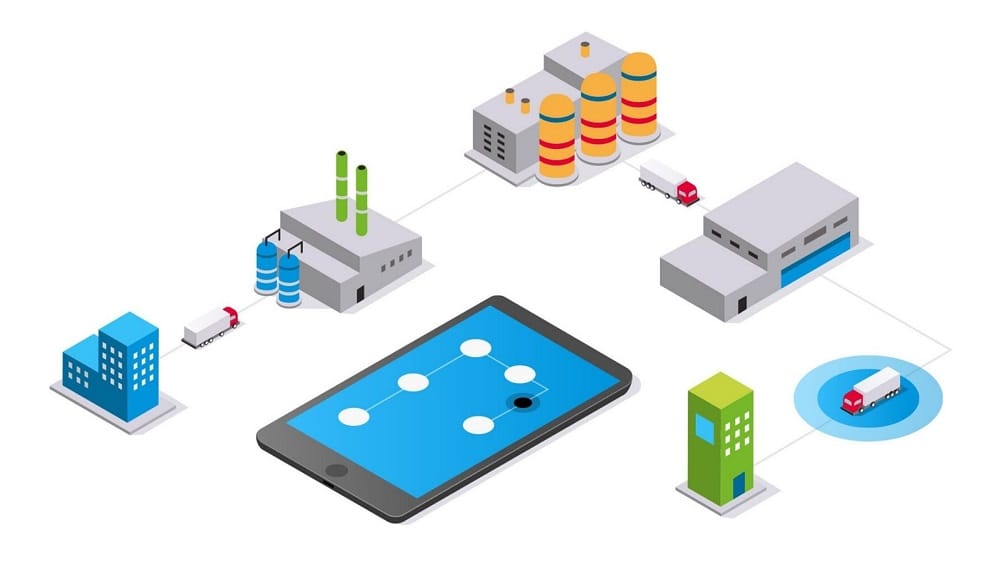
The Impact of Enhanced Trade Data Sharing
The cornerstone of this collaboration is the exchange of critical trade data between the EU and New Zealand. By pooling resources and intelligence, both regions aim to fortify their defense against illicit activities that exploit weaknesses in trade networks. However, with the increase in data sharing comes the necessity for advanced traceability solutions that can seamlessly integrate and monitor cross-border transactions.
Effective traceability systems ensure that every product, from raw materials to finished goods, can be tracked throughout its journey in the supply chain. This visibility is essential not only for regulatory compliance but also for maintaining the integrity of trade data shared between nations. With both the EU and New Zealand committed to strengthening their trade networks, the adoption of uniform traceability protocols will be key to preventing discrepancies, fraud, and illegal activities.
The Role of Traceability in Combatting Global Crime
Traceability is a powerful tool in the fight against global crime. By implementing robust systems that track the origin, movement, and authenticity of goods, authorities can quickly identify and isolate fraudulent activities. In the context of the EU-New Zealand collaboration, harmonized traceability systems would allow both regions to share accurate and verified data, making it difficult for criminals to exploit gaps in the supply chain.
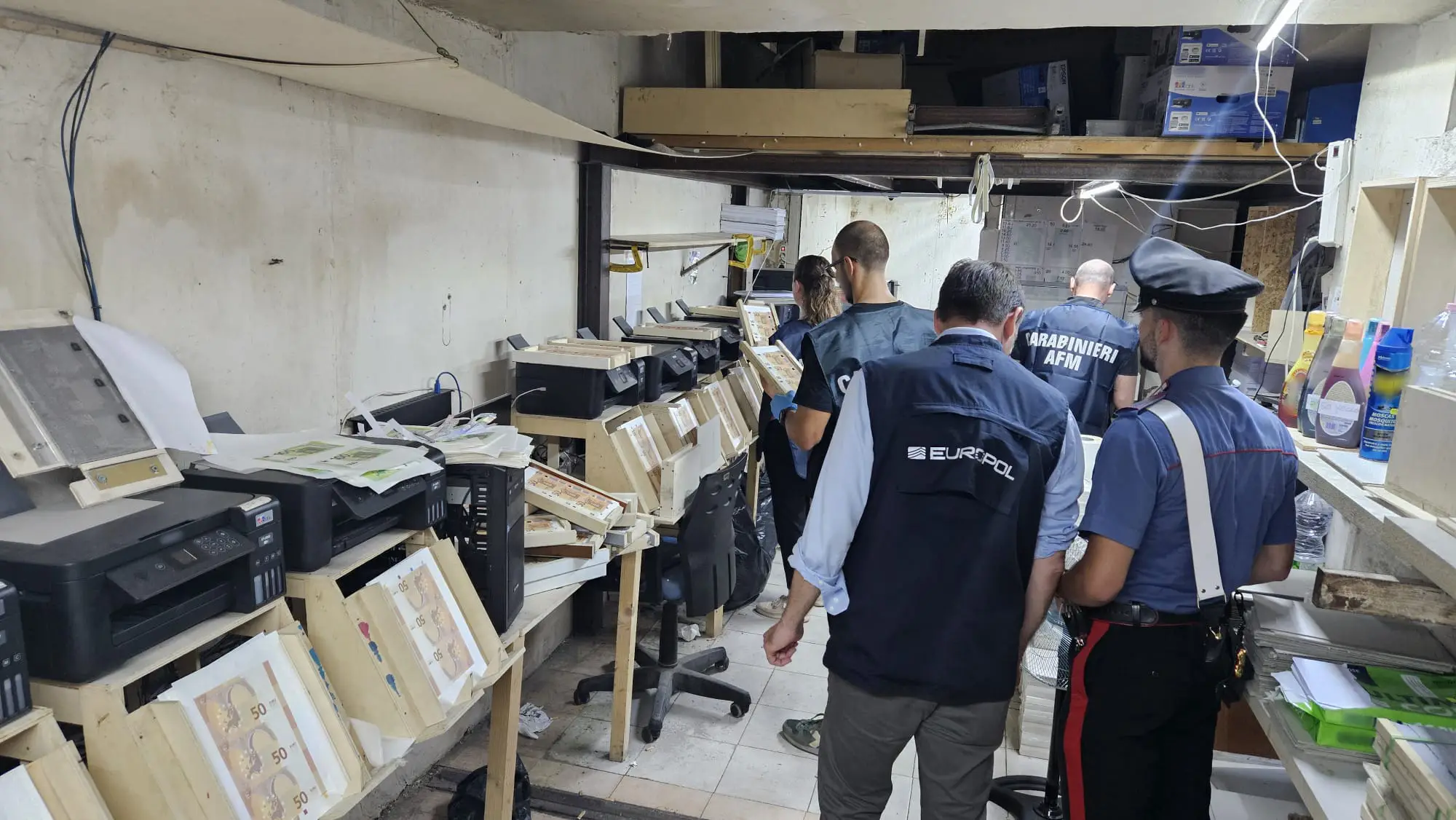
For example, in industries such as pharmaceuticals, food, and electronics, where counterfeiting and smuggling are rampant, traceability solutions ensure that only legitimate products reach the consumer. By integrating these systems across borders, the EU and New Zealand can enhance their ability to detect and respond to suspicious activities, ultimately protecting their economies and citizens.
Why Harmonization of Traceability Systems is Essential
While both the EU and New Zealand may have existing traceability systems, the success of this collaboration hinges on the harmonization of these systems. Harmonized traceability protocols mean that data collected in one region is compatible and easily integrated with systems in another. This uniformity is crucial for ensuring that trade data is consistent, reliable, and actionable across borders.
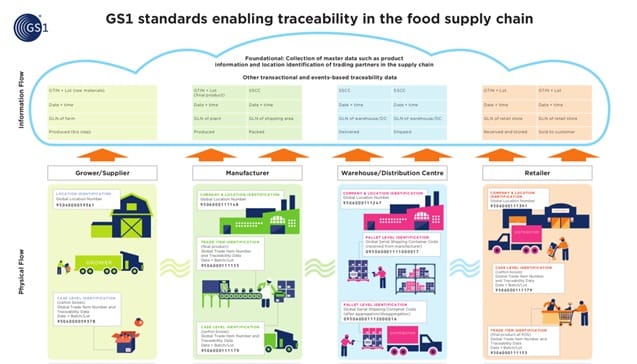
Harmonization also streamlines regulatory processes, reduces the risk of errors, and ensures that all stakeholders—from manufacturers to customs authorities—are on the same page. In the long run, this leads to greater efficiency in trade operations, reduced costs associated with compliance, and improved trust between trading partners. GS1 standards are surely to play a major role in harmonization.
The Need for Investment in Traceability Technologies
Given the importance of traceability in this new era of EU-New Zealand collaboration, there is a pressing need for investment in advanced traceability technologies. These technologies include blockchain, IoT devices, and AI-driven analytics, all of which can enhance the accuracy and efficiency of traceability systems.
Blockchain, for example, offers a tamper-proof ledger that records every transaction in the supply chain, providing a transparent and unchangeable record of a product’s journey. IoT devices can be used to monitor the condition and location of goods in real-time, ensuring that any anomalies are detected immediately. AI-driven analytics can help predict and prevent potential disruptions in the supply chain, further enhancing security.

Conclusion: The Future of Global Trade Security
As the EU and New Zealand deepen their collaboration to combat serious crime and terrorism, the role of traceability in securing global trade cannot be understated. The success of this partnership will depend on the ability of both regions to harmonize their traceability systems, ensuring that trade data is accurate, secure, and easily shareable.
For businesses operating within these regions, the emphasis on traceability presents both a challenge and an opportunity. Investing in advanced traceability technologies will not only ensure compliance with emerging regulations but also enhance the overall efficiency and security of global supply chains.
